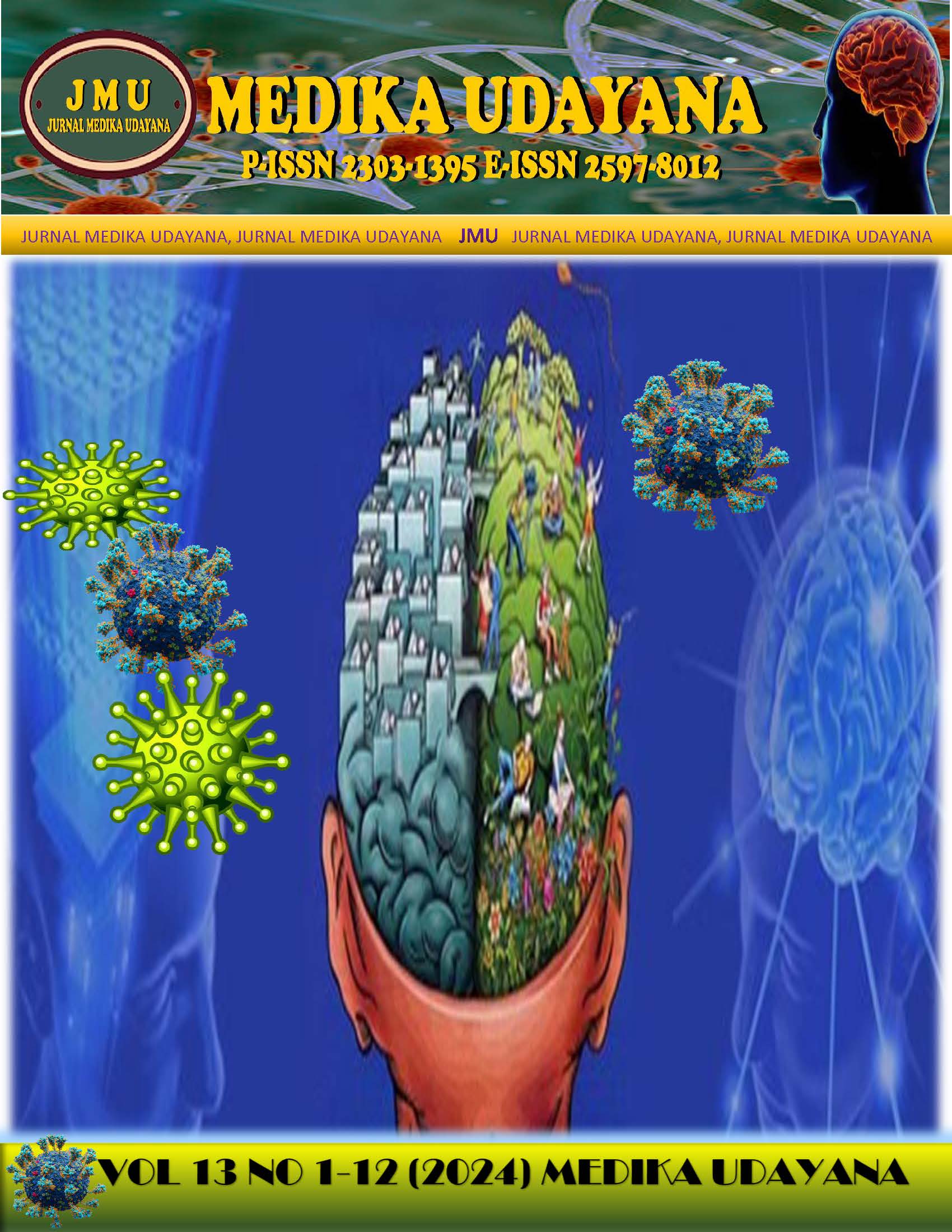EFFECT OF DEHUMIDIFICATION ON Trigona spp. HONEY AS AN ANTIBACTERIAL AGAINST Streptococcus mutans
Abstract
Honey comes from Trigona spp. has been known for its various health benefits and has the potential to be a natural ingredient that can be used as a preventive measure to inhibit and kill the main bacteria in dental caries (Streptococcus mutans). The dehumidification process using a humidifier is carried out to absorb honey water vapor so that the water content of the honey is reduced and the quality is better. The aim of this research is to determine the effect of dehumidification on Trigona spp. honey as an antibacterial for S.mutans. This research is a laboratory experiment with a post-test only control group design in vitro using the dilution method. Dehumidification is carried out on raw trigona honey to obtain dehumid trigona honey and honey water. As a control, 0.2% chlorhexidine and distilled water were used. The antibacterial activity test was carried out by calculating the total bacterial colonies using the total bacterial colony formula. The results of the study showed that the antibacterial activity of raw Trigona spp. honey had a significant difference against S.mutans with a total number of colonies of 0.4x106 CFU/mL compared to Trigona spp. dehum honey and honey water. Kruskal-Wallis analysis showed that there was a significant difference between the control group and the treatment group in inhibiting S.mutans. The conclusion is that raw Trigona spp. honey, Trigona spp. dehum honey, and honey water show differences in the antibacterial activity of S.mutans so that their use as a preventive measure in inhibiting S.mutans bacteria needs to be considered.
Keywords : dehumidification, Trigona spp. honey, antibacterial, Streptococcus mutans











